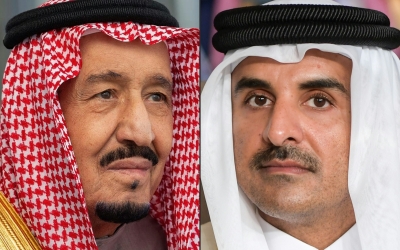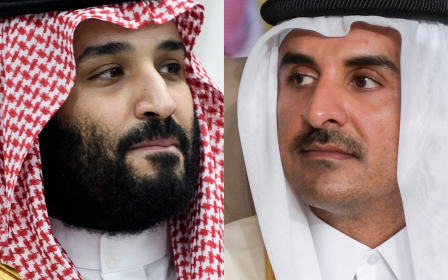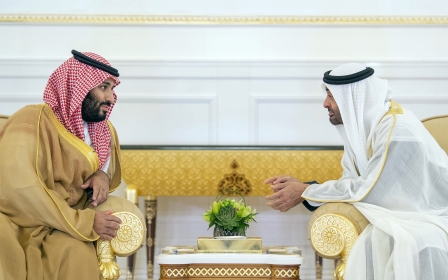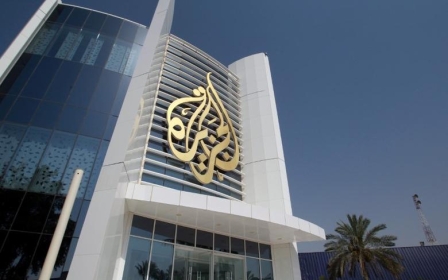GCC summit concludes with no mention of rift between neighbours
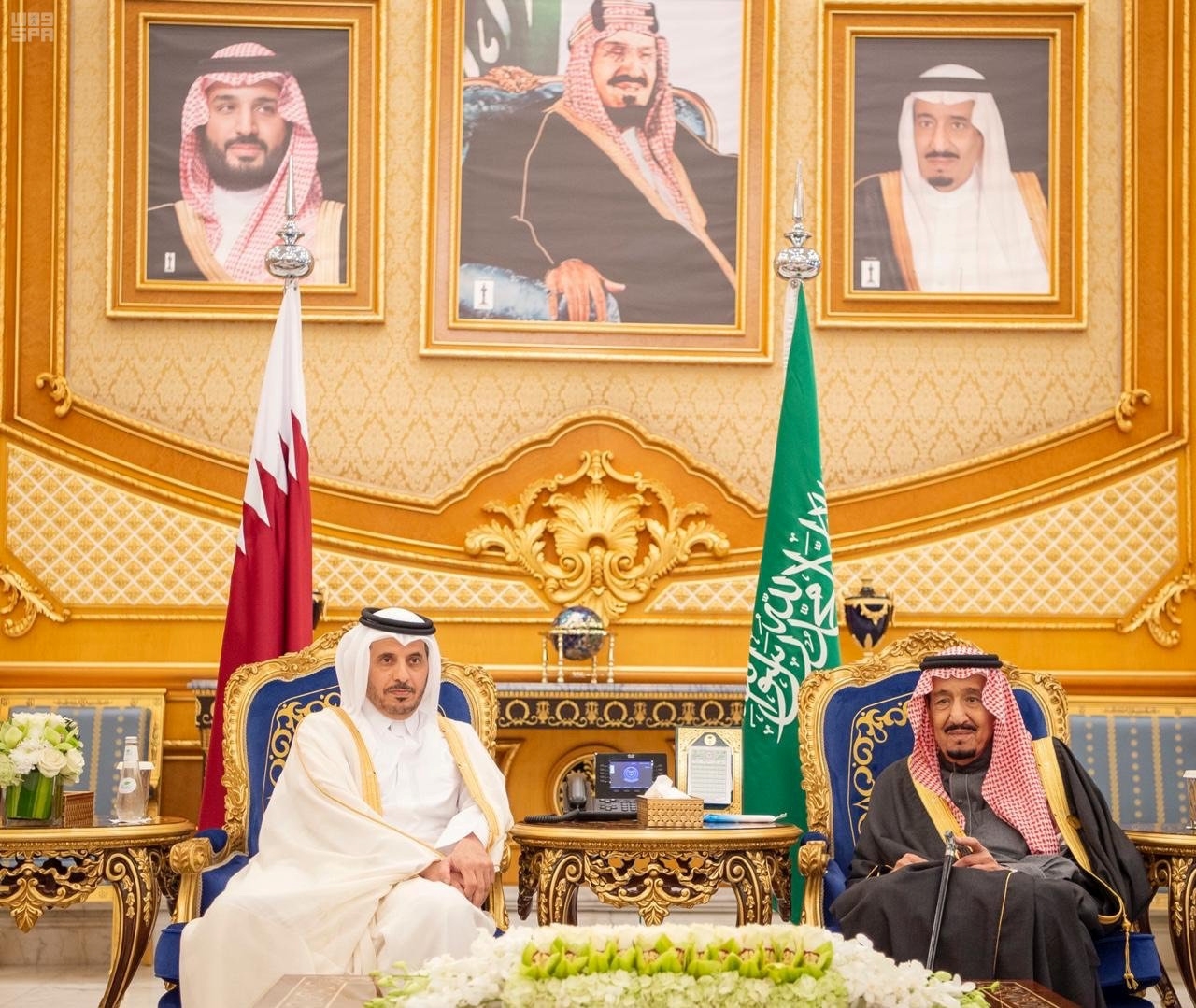
Qatar’s prime minister attended a Gulf Cooperation Council (GCC) summit in Riyadh on Tuesday, Doha’s highest level representation at the annual gathering in two years; but the meeting concluded without public comments on the rift between the neighbours.
Ahead of Tuesday's meeting, expectations had been raised that some sort of breakthrough in the dispute between Qatar and its allies might be in the works - particularly as Qatar's emir was invited.
However, that was dampened somewhat by the emirate's representation instead by Prime Minister Sheikh Abdullah bin Nasser al-Thani, despite him being the most senior Qatari official in Saudi Arabia since Riyadh's blockade began.
The diplomatic crisis was set off when Saudi Arabia, the United Arab Emirates, Bahrain and Egypt cut off ties with Qatar in 2017 and imposed an air, land and sea blockade over allegations of terrorism and fostering closer ties with Iran.
Qatar has repeatedly rejected the allegations against it and accused the boycotting countries of trying to interfere in its affairs.
The rift has broken the regional GCC alliance and significantly damaged attempts by the United States to form a united front against Iran.
Saudi King Salman received the Qatari prime minister on Tuesday, and later on, called for regional unity to confront Iran and secure energy supplies and maritime channels.
A final communique stressed the need to strengthen military and security cooperation between member states and called for finalising legislation for regional economic integration, including the creation of a financial and monetary bloc by 2025.
The communique was read out after a closed-door meeting that lasted less than 20 minutes.
Kuwait’s Emir Sheikh Sabah al-Ahmad al-Sabah, who has long led efforts to resolve the crisis, praised the call for unity and, addressing King Salman, said: "God willing, the coming meetings will be better than past meetings".
Easing of tension
There have been growing signs of a possible easing of tension between the countries. Some observers believe that Tuesday’s meeting will lead the way for a “reconciliation conference”.
Talks between Qatar’s foreign minister and Saudi officials in October took place after attacks a month earlier on Saudi oil plants, which temporarily halved the kingdom’s output and sharpened regional tensions, with Riyadh pointing the finger at Tehran.
'If the Qataris accept Riyadh’s new conditions of servitude, they should also prepare themselves for yet another humiliation at the hands of the prince in Riyadh'
- Madawi Rasheed, analyst
Last month, the three boycotting Gulf countries sent teams to a regional football tournament held in Qatar, further raising the possibility of an imminent diplomatic rapprochement.
The Riyadh-led bloc initially set out 13 demands that it said could resolve the crisis, including the closure of a Turkish military base; cutting links with the Muslim Brotherhood; the closing of Al Jazeera TV; and reducing ties with Iran, with which Qatar shares a massive gas field.
Doha has so far refused to comply and rejected the assertions made about its policies, and two sources familiar with the matter told the Reuters news agency that Riyadh has softened its stance on the list of demands.
Meanwhile, Kuwaiti newspaper Al-Qabas reported on Saturday that Saudi and Qatari officials have recently met to discuss the crisis and claimed that they resolved some of the most prominent causes behind it without giving details.
Efforts to continue
Qatar’s Foreign Minister Mohammed bin Abdulrahman al-Thani said on Saturday that "the Gulf crisis has passed the stalemate phase".
Some analysts say that despite the emir’s absence from the summit, talks to end the standoff are expected to continue.
However, visiting professor at the Middle East Institute of the London School of Economics Madawi al-Rasheed said on Tuesday that Qatar is facing a tough choice between accepting Saudi Arabia's attempts at a rapprochement or rebuffing a belated offer to join the GCC's fold once again.
"If the Qataris accept Riyadh’s new conditions of servitude, they should also prepare themselves for yet another humiliation at the hands of the prince in Riyadh," Rasheed wrote in Middle East Eye.
"If they don’t accept, they will save themselves a future confrontation over their foreign policy that has been grounded in their own national interest rather than those of Saudi Arabia."
Not much is known about the state of negotiations.
"The onus lies with the one that caused the crisis, to reconsider erroneous policies that led to its isolation," senior Emirati official Anwar Gargash tweeted on Monday.
An unnamed Saudi official told Bloomberg last month that Qatar had taken steps to de-escalate the tension with neighbouring Gulf nations.
Qatar’s prime minister visited Saudi Arabia in May for an emergency summit to discuss security in the Gulf following an attack on tankers in regional waters, which was blamed on Iran by Riyadh and Washington.
Middle East Eye delivers independent and unrivalled coverage and analysis of the Middle East, North Africa and beyond. To learn more about republishing this content and the associated fees, please fill out this form. More about MEE can be found here.


